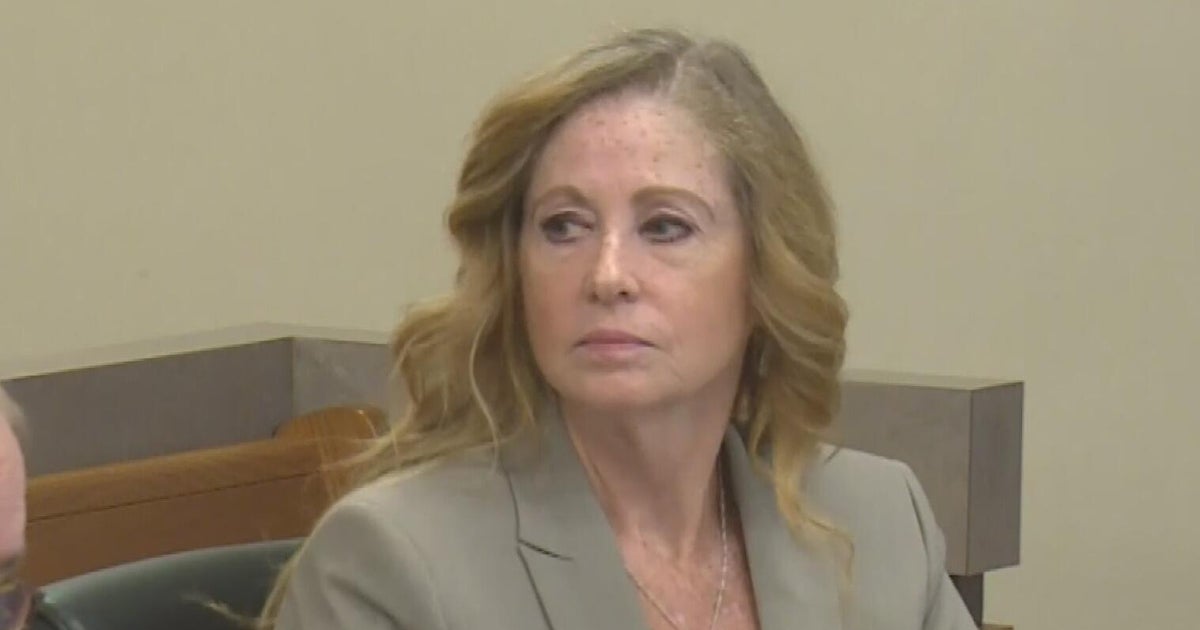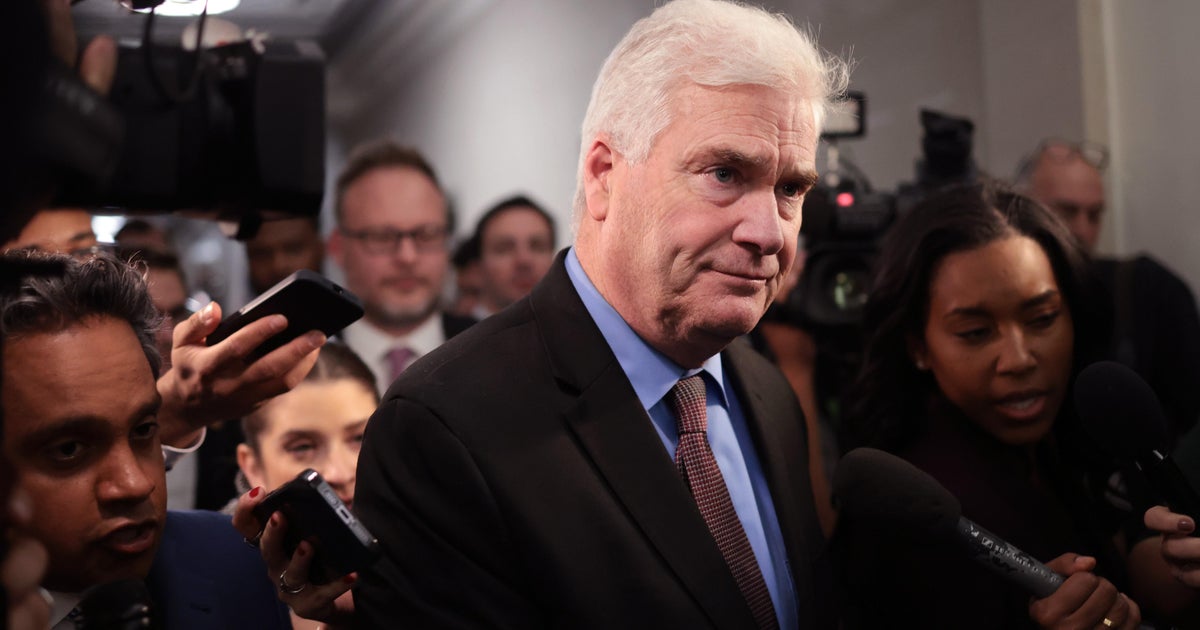Michigan Governor Gretchen Whitmer signs Reproductive Health Act
LANSING, Mich. (AP) - Michigan Democrats, who early this year had built on the state's recent reputation for safeguarding abortion rights, have stalled on the once-assured effort due to dissent within the state legislative caucus in recent months.
Two key pieces of legislation that would have repealed a 24-hour wait period required for patients receiving an abortion and also allowed state Medicaid dollars to pay for abortions were left out of a package signed Tuesday by Gov. Gretchen Whitmer.
The scaled back package of bills known as the Reproductive Health Act will repeal regulations aimed at abortion providers, known as TRAP laws, that critics had said were designed to close abortion providers. It will also ensure that students at Michigan public universities can access information about all their reproductive health options and repeals a law that forced patients to buy a separate insurance rider for abortion.
But the absence of more substantial policy changes appeared to detract from the significance of the bill signing outside Detroit on Tuesday.
Democratic state Rep. Laurie Pohutsky, a sponsor of the package, said that Democrats' slim majority means "one person's personal politics can still greatly impact what we are able to do." She added that all the opponents did was "delay the inevitable."
"Let's celebrate today, and tomorrow get back to work," Pohutsky said.
Last November, Michigan voters overwhelmingly approved a citizen-led ballot proposal — known as Prop 3 — that enshrined abortion rights in their state's constitution.
Democrats, who have controlled both chambers of the Legislature and the governor's office, followed the passage of Prop 3 by passing key pieces of legislation. They repealed the 1931 law that had threatened abortion rights in the state after the overturning of Roe v. Wade and added worker protections to ensure companies would be prohibited from firing or otherwise retaliating against workers for receiving an abortion.
But Democratic unity on the issue began to splinter in September when state Rep. Karen Whitsett voted against the Reproductive Health Act during a committee hearing, signaling trouble ahead for its passage. With all Republicans voting against the package, Democrats needed Whitsett's support — the party held a 56-54 advantage in the House until earlier this month.
The state House is now deadlocked after two Democratic state representatives won mayoral races, vacating their seats until special elections can be held.
Whitsett, a Detroit Democrat, opposed the repeal of a state law that requires patients to wait 24 hours before receiving an abortion. A bill allowing patients to use state Medicaid to pay for abortion was also opposed by Whitsett.
Democrats eventually passed a pared down version of the package. A group of some of the state's top abortion right advocates slammed Whitsett in a statement after the package's passage.
"Thanks to one Michigan House member's foolhardy opposition to this critical legislation — this chamber just passed a watered-down version of the Reproductive Health Act that lacks key policy reforms that are both desperately needed and widely supported by voters across the state," the group said in a Nov. 2 statement.
Whitsett declined an interview with The Associated Press but said in a written statement that the original package "had the potential to advance an unregulated abortion environment." She added that she supports a waiting period for abortion "to ensure that women are not being forced to abort their children."
Planned Parenthood of Michigan estimates that an average of 150 patients each month are forced to cancel their appointments due to Michigan's state-mandated 24-hour delay law. The organization has called restrictions on Medicaid coverage for abortion "de facto abortion bans" for people with low incomes.
Whitmer told reporters Tuesday that she hoped lawmakers would be able to pass the two policies so that she could sign them.







